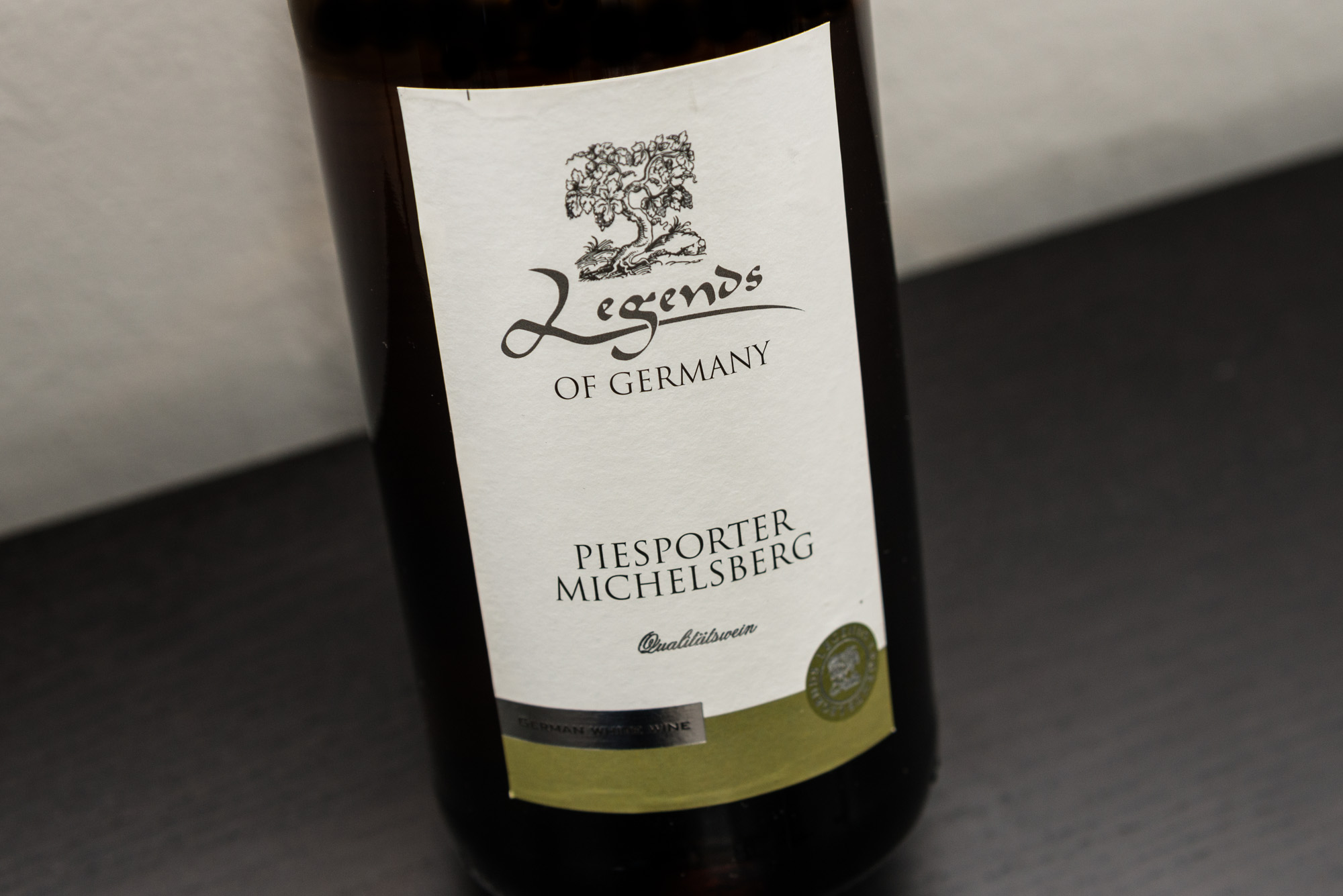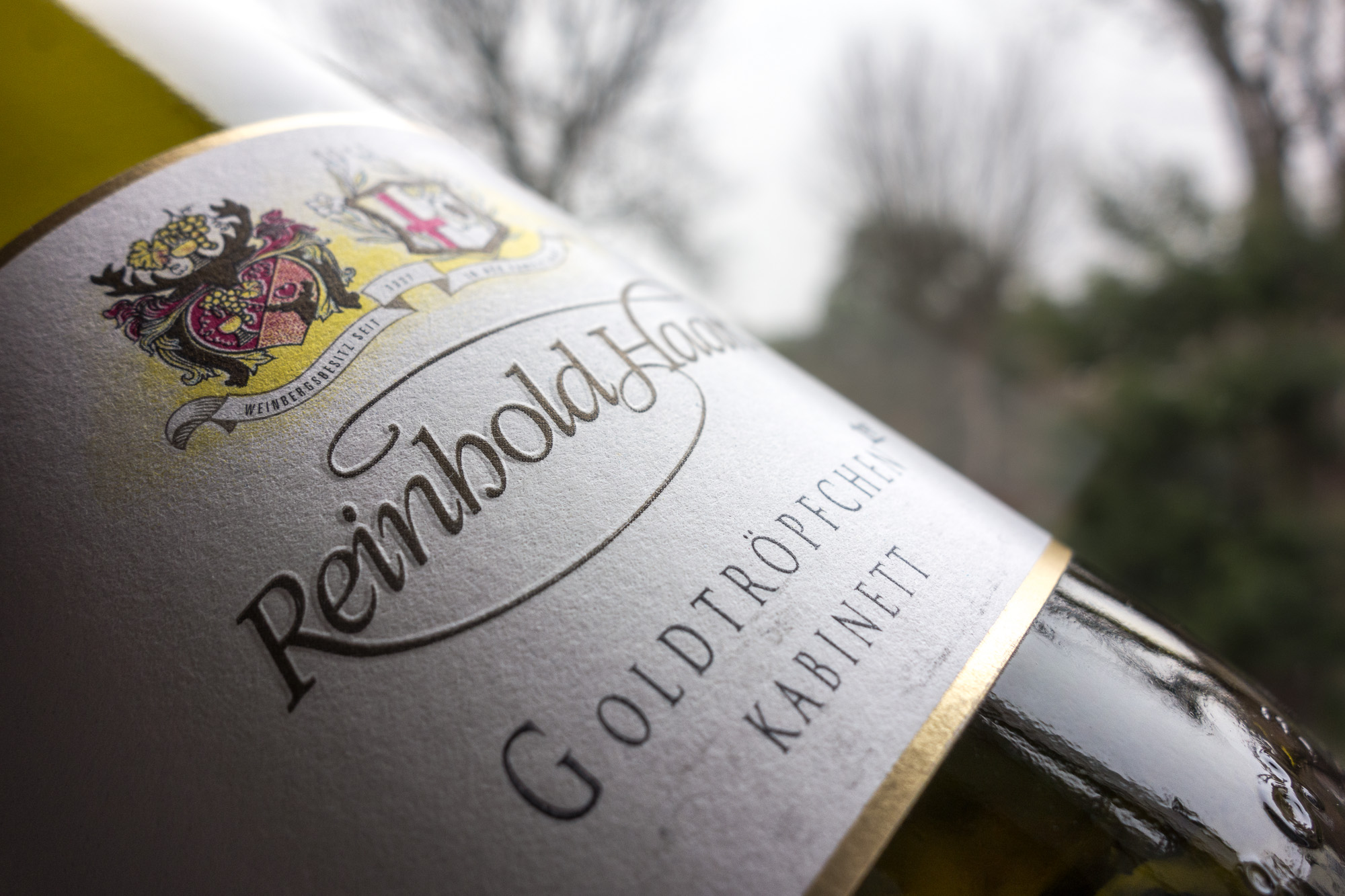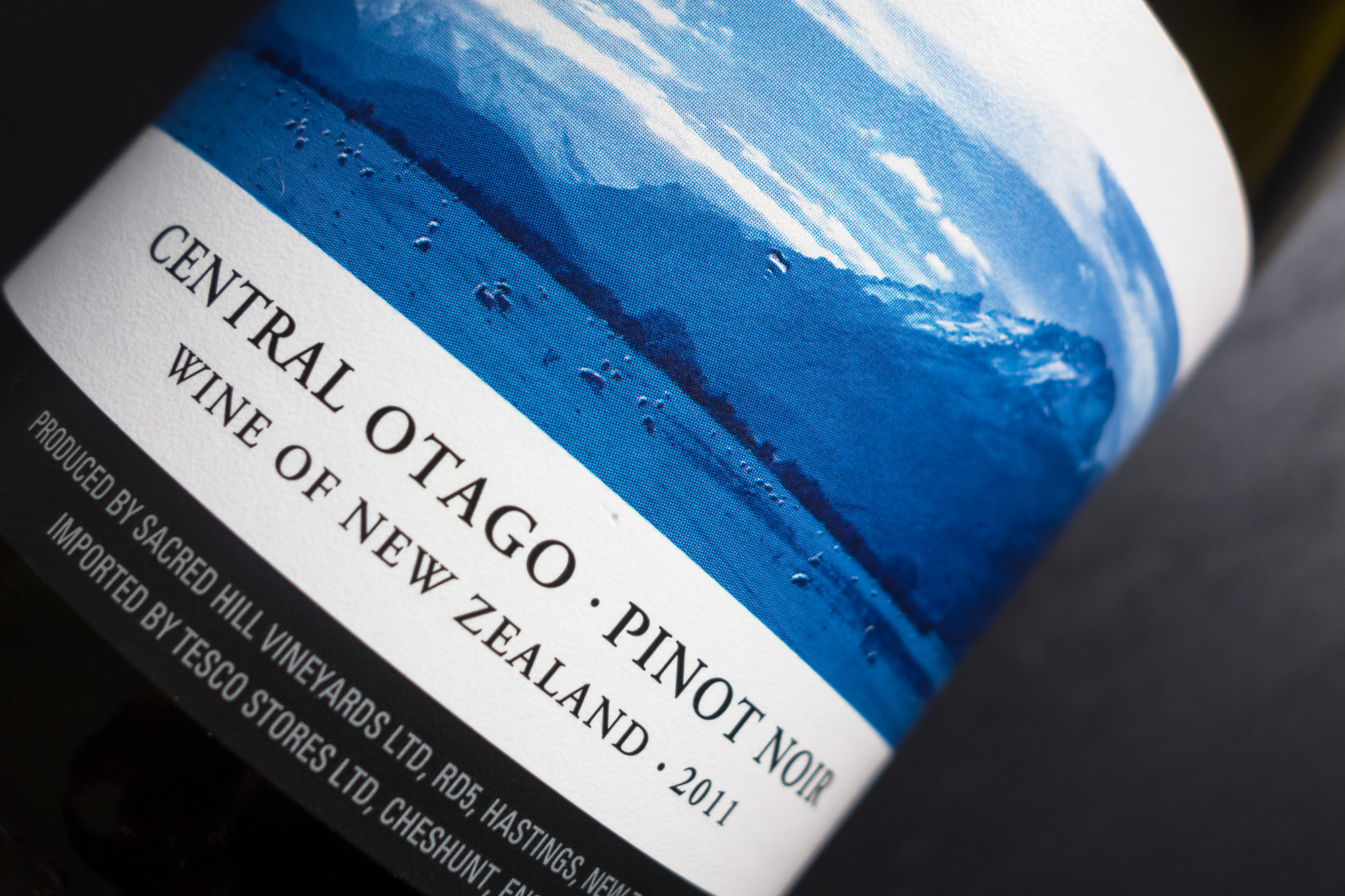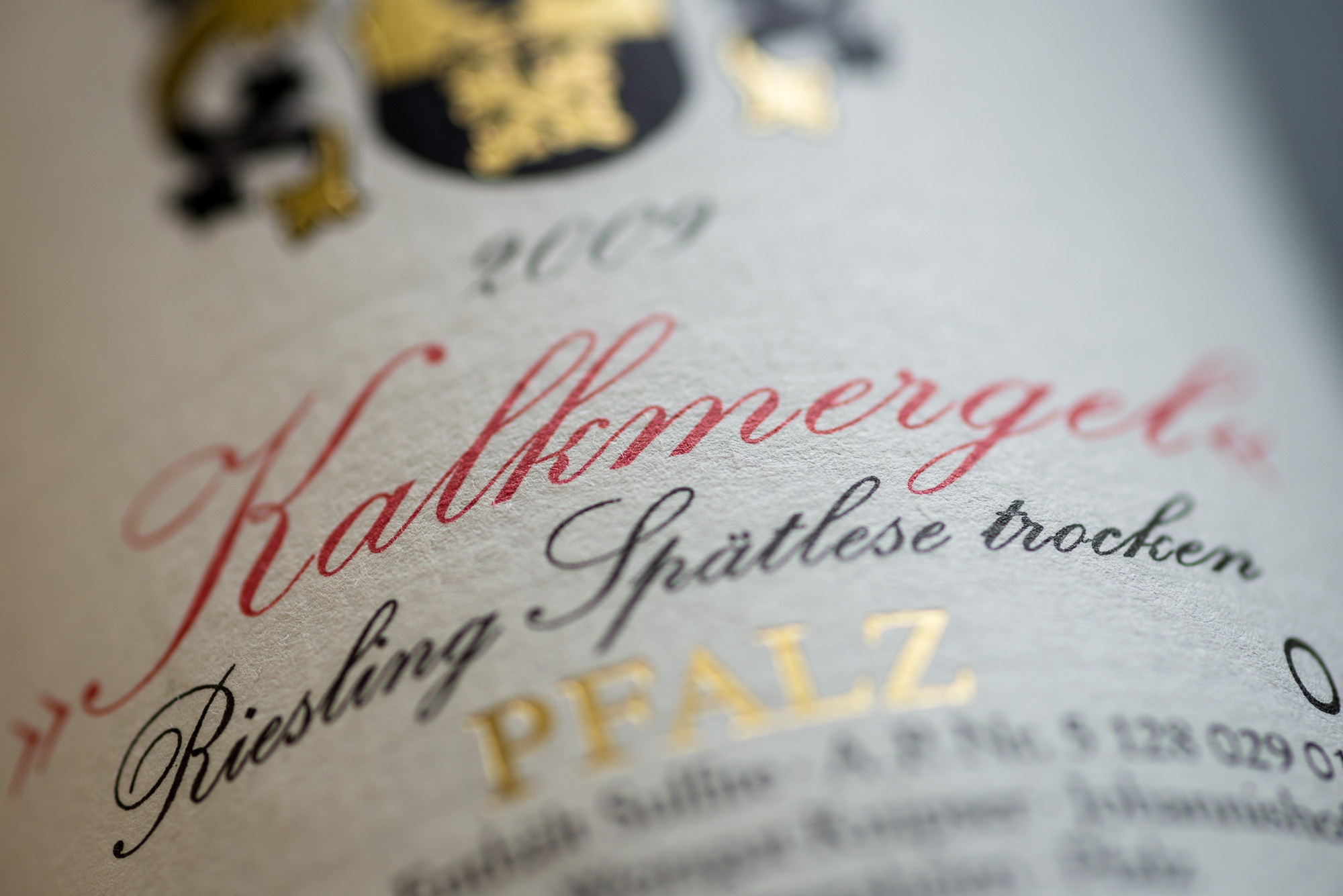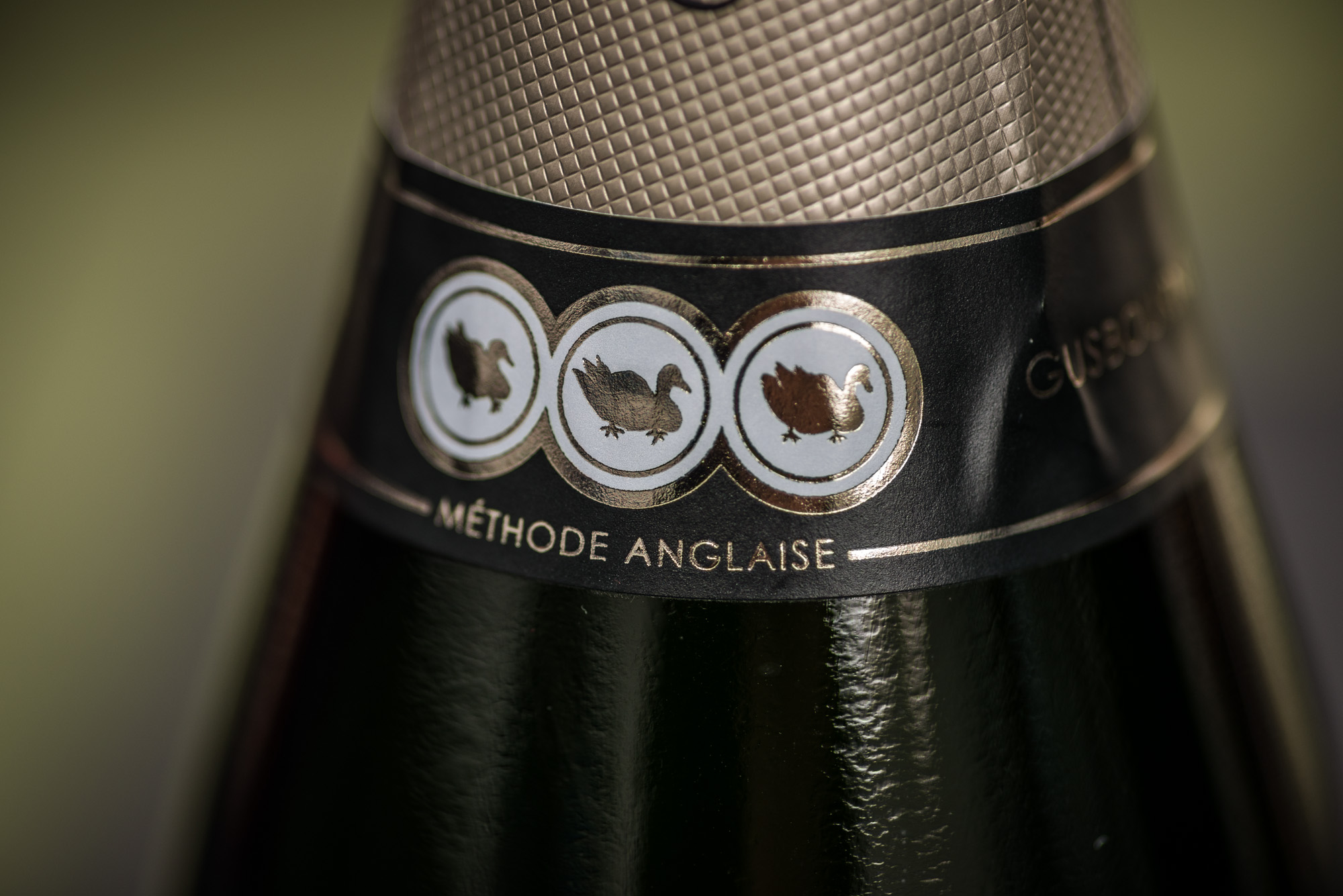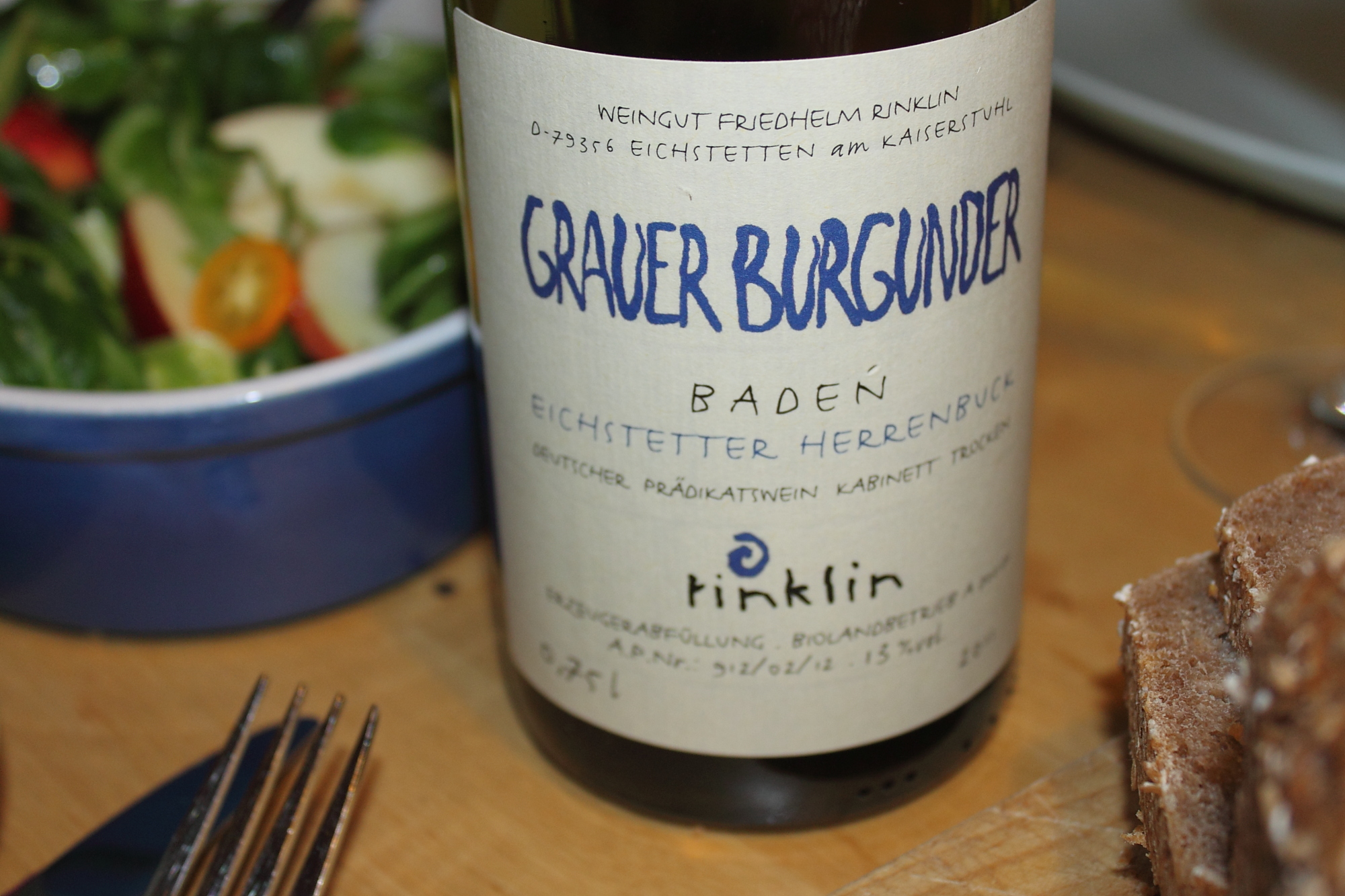R. López de Heredia Viña Tondonia, Crianza, Viña Gravonia, 2000
López is sick. Like yours now my face may have shown a compassionately confused expression when I heard the sad news about poor López. My counterpart at least was very quick to assure me there was no reason to worry as López was not unwell at all, quiet the opposite. "López is sick.", it turns out, happens to be American for: "López make excellent wines." Now you may think the American wine writer I talked to was a little confused about language, but I can assure you she is not confused about one thing - López is indeed, er, sick.
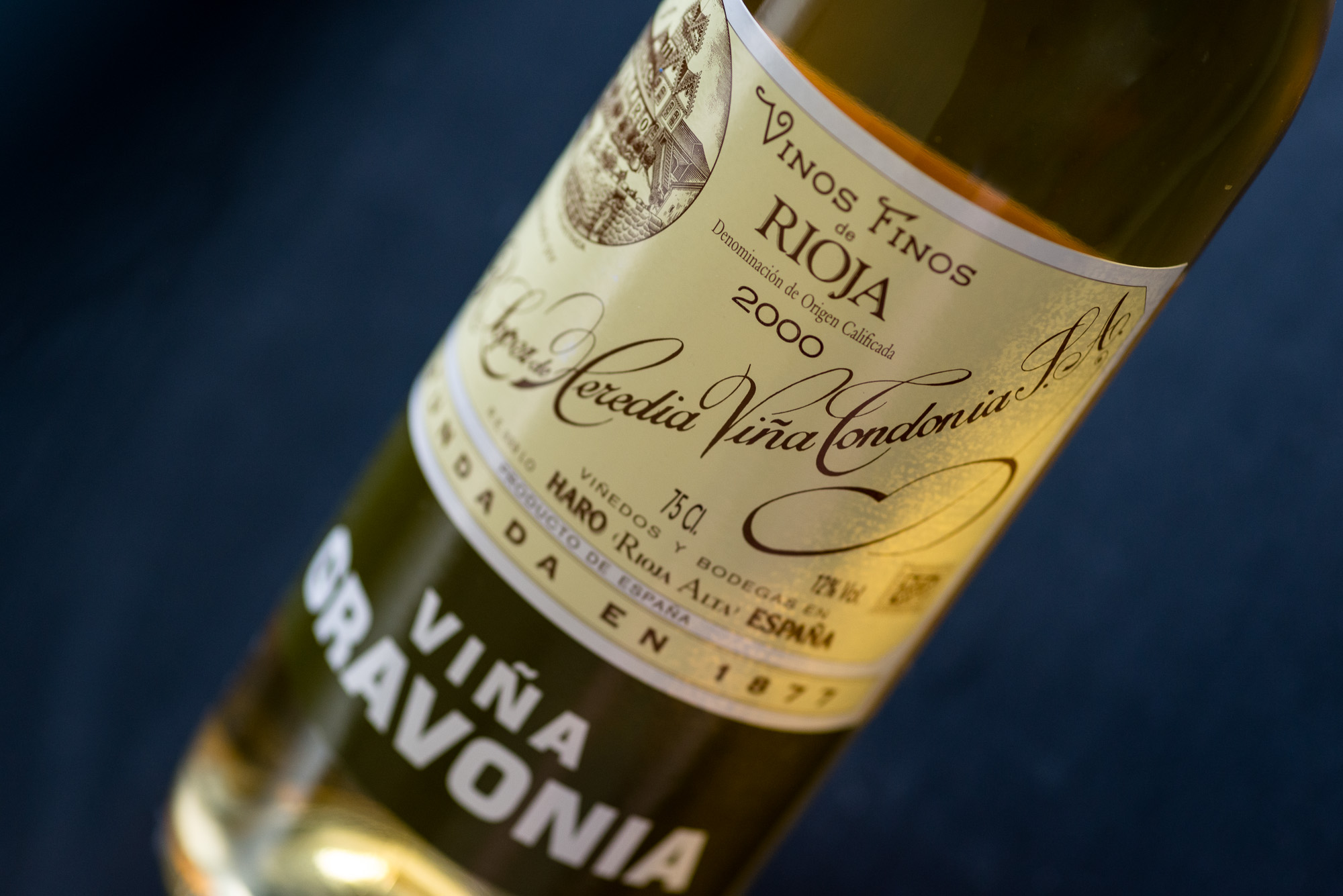
And as this cool-climate loving, acid-hounding Riesling fan can fall in love with mature white Rioja, maybe you can too?

